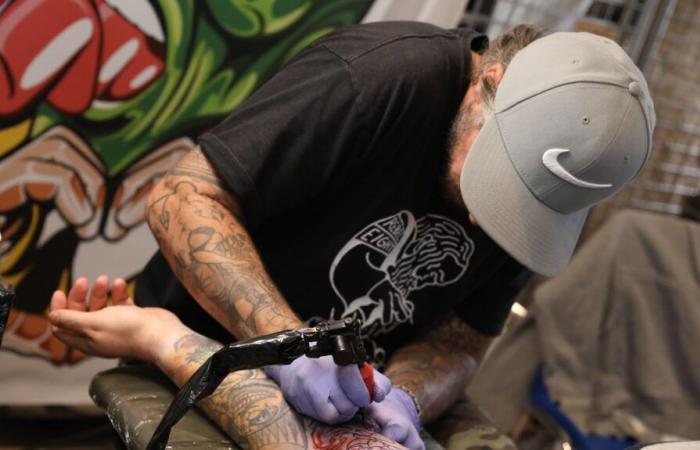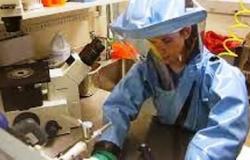For a year, ANSES (National Agency for Food, Environmental and Occupational Health Safety) has been monitoring cosmetics: any adverse effects, allergic reactions, inflammation caused by foundation, deodorant or a tattoo can be reported to him online.
In mid-October, after an alert from ANSES, the Ministry of Health and Fraud Repression advised hairdressers and consumers against Brazilian straightening hair products, which are very common on the market, and contain glyoxylic acid.
At the origin of this alert: four cases of acute kidney failure – currently under investigation – cured after hospitalization, in people who used hair products incorporating this “potentially toxic” ingredient.
Most often, undesirable effects are limited to the area of application of the cosmetic product: depigmentation, alopecia for example.
“It’s better to report too much than not enough”
Since the start of 2024, ANSES has seen its missions expanded to include vigilance and expertise on cosmetic and tattoo products. The fraud prevention department continues to monitor the compliance of these products with regulations and can impose withdrawals from the market.
ANSES’s warning on glyoxylic acid could lead to a modification of its European regulations. The construction site is vast. Of some 30,000 cosmetic ingredients authorized in the EU, only “a few thousand are prohibited and a few hundred regulated”specifies Sandrine Charles, “cosmetic products” project manager at Anses.
Currently, monitoring of adverse reactions is an obligation of the manufacturer. But consumers, like hairdressers or beauticians, also help to better protect everyone’s health, by reporting undesirable effects: allergy, poisoning, inflammation, abnormal reaction.
And this, whether the use of the cosmetic product was in accordance with the instructions for use or not. “Reporting to the industrialist, to us, is fundamental”underlines Juliette Bloch, director of health alerts and vigilance at Anses.
“We know that what comes back to us is a very small part” cases, but “it’s better to report too much than not enough”she insists.
“Cosmetovigilance” is accompanied by “tatouvigilance” which monitors potential adverse effects caused by tattoo inks.
Allergies et infections locales
“Generally, it is not very serious: we are mainly informed of allergies and local infections” but it is outside the scope of action of ANSES, explains Juliette Bloch.
The most effective reporting, however, is that of tattoo artists, who report, after “having used such ink, several cases of infection among their customers”which makes it possible to identify the product in order to withdraw it from the market if necessary.
“There are a lot of non-compliant practices: some people get tattooed at home by people who are more or less respectful of hygiene”slips Dr Bloch, mentioning a type of report transmitted to the Regional Health Agencies (ARS).
Reports on the signalement.social-sante.gouv.fr portal






